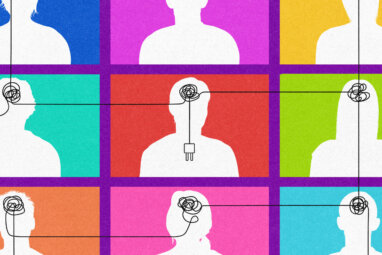What Makes Companies Do the Right Thing?
Vaccine makers varied widely in their engagement with global public health efforts to broaden access to COVID-19 immunizations. Ethically motivated leadership was a dominant factor.

Anuj Shrestha
Business executives face no starker test of their leadership than when confronting the choice between capturing profits and saving lives.
Pharmaceutical companies generated billions of dollars in additional revenue from the COVID-19 vaccine, buoyed by bidding wars between wealthy countries as the virus spread across the planet.1 Faced with unparalleled demand, deals were being locked in even before the vaccines were developed. And once distribution started, vaccine hoarding began. Some countries had enough vaccines to vaccinate their populations several times over. As a result, millions of doses passed their use-by date and were thrown away, while people in poorer economies remained unvaccinated.
More than 1 million deaths in lower- and middle-income countries could have been avoided if COVID-19 vaccines had been shared more equitably in the first year they became available, according to retrospective modeling with vaccine distribution data from 2021.2 Whether this figure can be solely attributed to inequitable distribution by vaccine manufacturers or other factors came into play — such as the lack of cold storage and health infrastructure during distribution — is up for debate. However, a significant number of lives were undoubtedly lost because vaccines did not reach people who needed them.
It is easy to blame the aggressive efforts of wealthier nations to ensure their own supply of vaccines for this striking inequity. But our inquiry, conducted as the pandemic unfolded and focused on the vaccine producers, suggests pharma companies could have done a lot more to combat the rush by wealthy countries to vaccinate their own people.
References (8)
1. P. Loftus, “Pfizer, Moderna, and Other Drugmakers Make Billions Responding to COVID-19 Pandemic,” The Wall Street Journal, Feb. 25, 2022, www.wsj.com.
2. S. Moore, E.M. Hill, L. Dyson, et al., “Retrospectively Modeling the Effects of Increased Global Vaccine Sharing on the COVID-19 Pandemic,” Nature Medicine 28, no. 11 (November 2022): 2416-2423.




